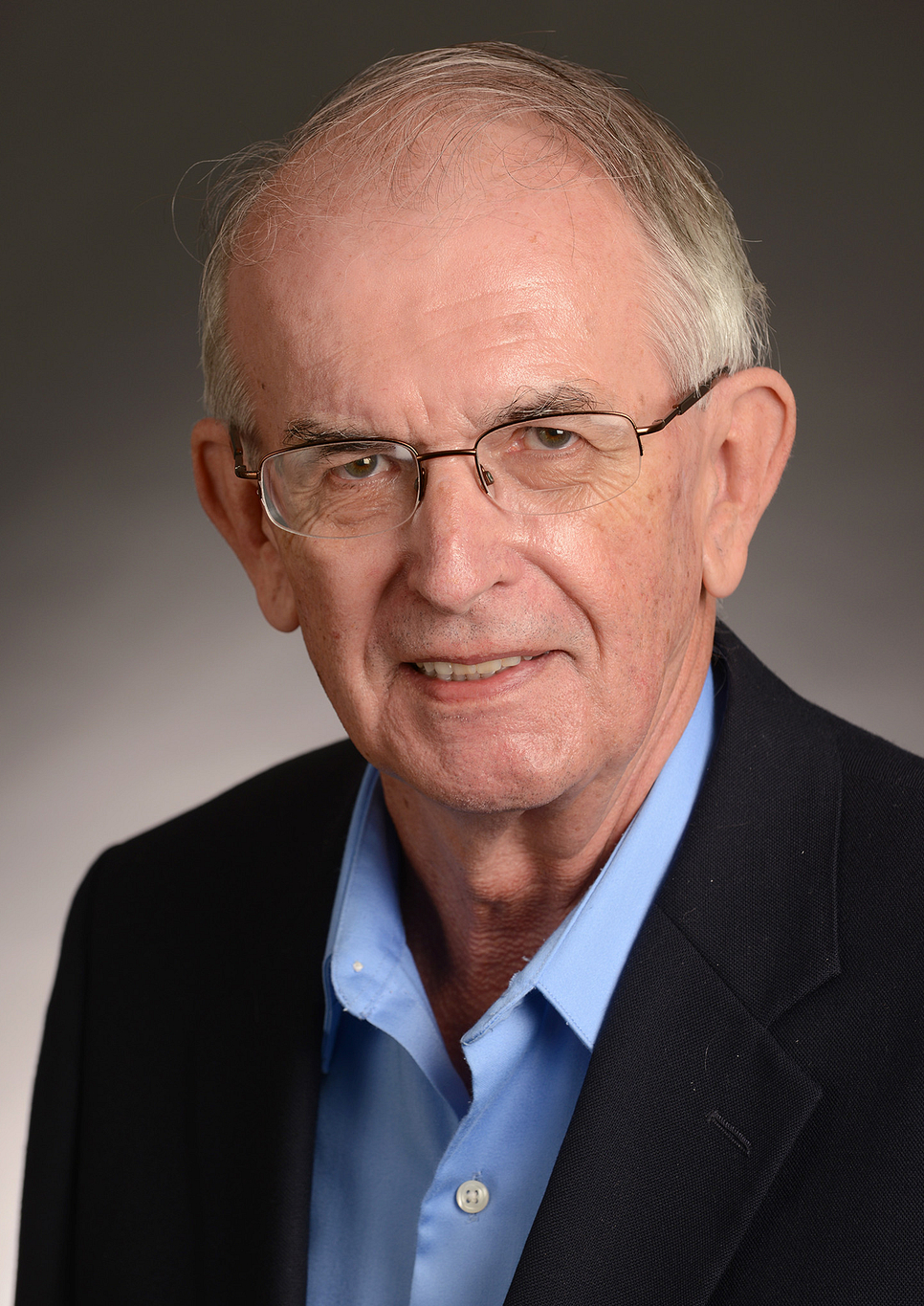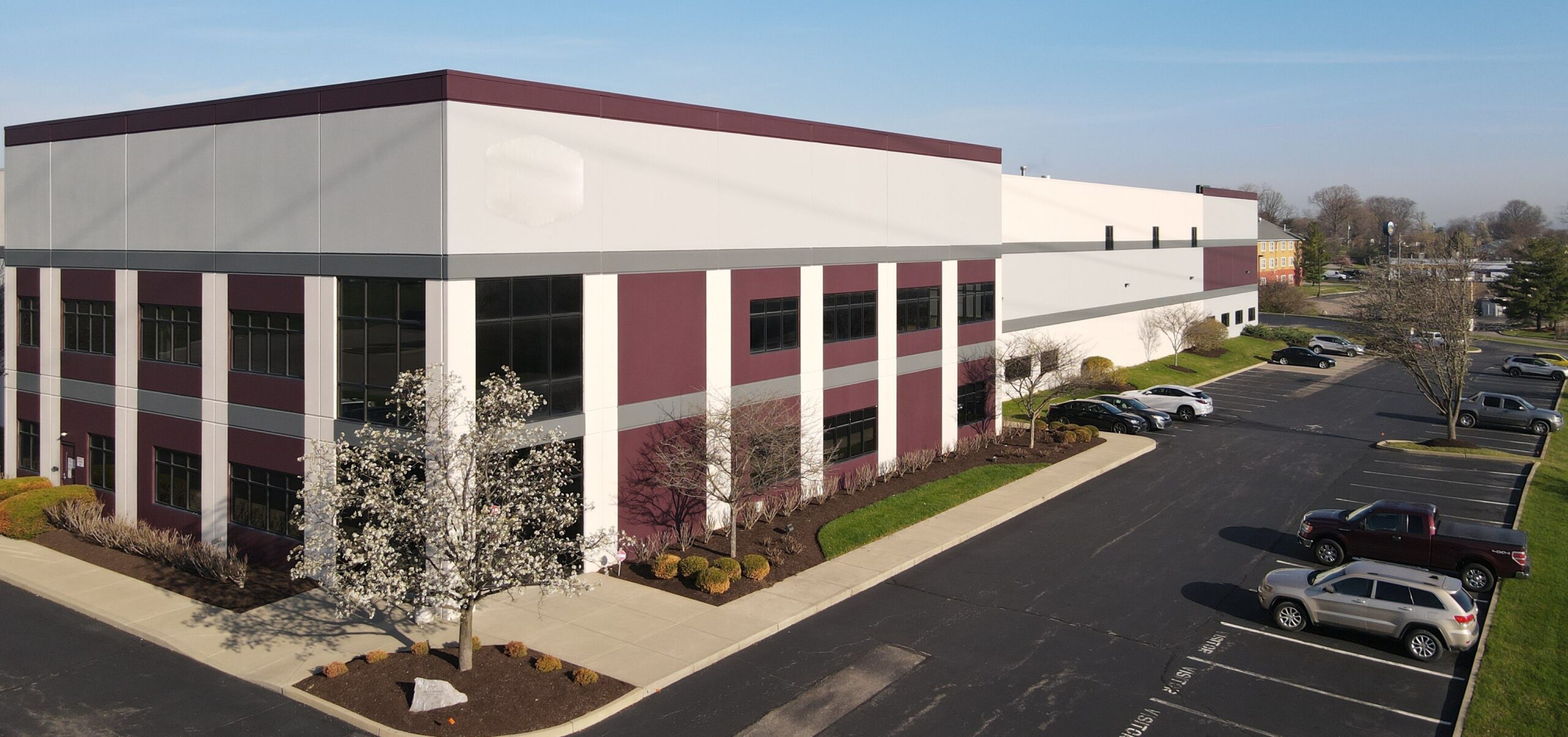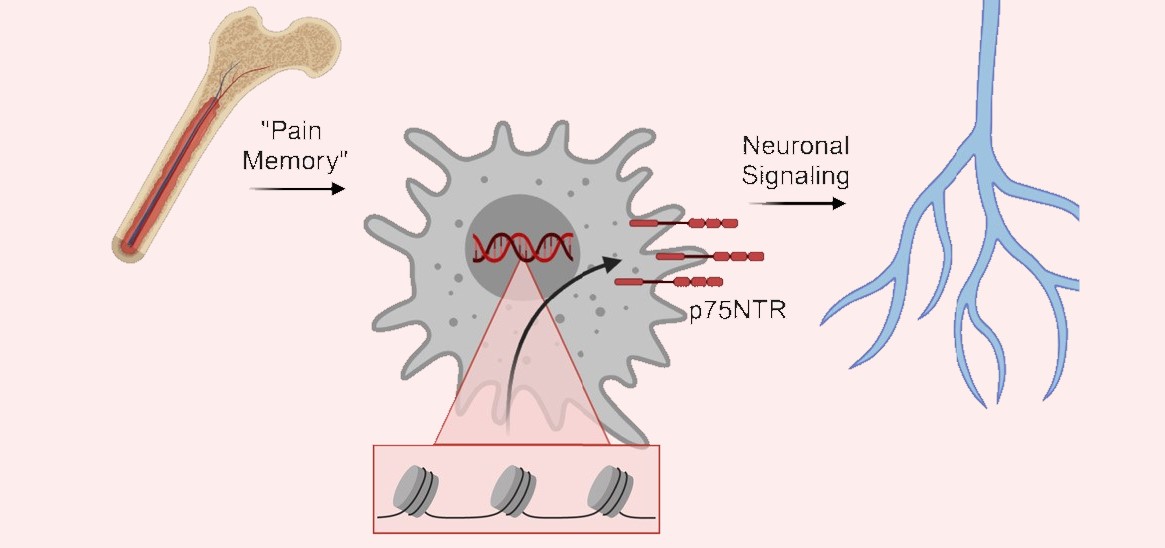In Memoriam: James Lessard, PhD (1943 – 2024)
Post Date: February 26, 2024 | Publish Date:

It is with heartfelt sadness that we mourn the passing of James “Jim” Louis Lessard, PhD, a distinguished figure in the fields of biochemistry and molecular biology who dedicated a 52-year career to Cincinnati Children’s and the University of Cincinnati College of Medicine.
He passed away Feb. 10, 2024, at the age of 80, and leaves behind a legacy of scientific excellence, mentorship, and unwavering dedication to his family, colleagues, and students.
Born and raised in Eau Claire, WI, Lessard was the fourth of seven siblings. He studied chemistry and biology at Marquette University, which is also where he found his life partner, Joan. Their marriage in 1965 marked the beginning of a lifelong partnership filled with love, support, and shared adventures.
After earning his PhD in biochemistry from Marquette University and completing a postdoctoral fellowship at the Roche Institute of Molecular Biology, Lessard embarked on a remarkable career in research and academia.
A LEADING EXPERT IN MUSCLE BIOLOGY
He joined Cincinnati Children’s in 1972 as an assistant professor of Pediatrics and a fellow in Pharmacology-Morphology, eventually rising to the rank of professor in 1988.
During his tenure, Lessard’s research on understanding muscle development and function was instrumental in advancing the field, particularly during the molecular biology revolution of the late 1980s. His contributions to the understanding of actin biology were revolutionary, shaping the way we perceive the intricacies of muscle physiology. Using a variety of experimental approaches, Lessard’s work demonstrated that different muscle actins perform distinct functions in different muscle types. His pioneering work in cloning and characterizing actin genes, as well as the generation of monoclonal antibodies, continues to impact research and scientific understanding to this day.
“Jim was a true leader in the field of actin biology and how this seemingly ubiquitous protein could adopt specific functionality in heart and skeletal muscle in forming the thin myofilament that helps generate contractile force,” says Jeffrey Molkentin, PhD, executive co-director of the Cincinnati Children’s Heart Institute and director of Molecular Cardiovascular Biology.
GUIDING DEVELOPMENTAL BIOLOGY TO NEW HEIGHTS
In addition to his research, he enjoyed a long career of service and leadership, guiding the Division of Developmental Biology to new heights of success. His colleagues remember him for his dedication to the institution and how his vision helped to shape the division to what it is today.
“Jim was a friend and mentor for me and all the faculty that joined the division over the last 20 years,” says Aaron Zorn, PhD, director of Developmental Biology at Cincinnati Children’s. “He helped to grow this division from just a few labs to one of the largest, best-known units in the country. It’s with fond memories that we say ‘thanks.’”
Lessard served as the director of the Molecular and Developmental Biology graduate program from 1989 to 1995, interim director of the Developmental Biology division from 1995 to 2000, and associate division director until 2010.
He also oversaw a monoclonal antibody core facility from 1981 to 2002 that generated many useful reagents for members of the research community worldwide.
He eventually retired as a professor emeritus in 2012 but continued to work part time until recently.
DEDICATED MENTOR, FRIEND, AND FAMILY MAN
Throughout his 52 years of service, Lessard remained committed to fostering the next generation of scientists, leaving a lasting mark on the countless lives he touched.
Lessard is fondly remembered by his colleagues and former trainees for his commitment to the highest quality of research and training for graduate students and fellows. He was deeply grateful to those who enabled his career and took great satisfaction from the success of those he mentored.
“Jim took me in-wet behind the ears as a fellow, training in newborn care,” remembers Jeffrey Whitsett, MD, Perinatal Institute co-director. “He offered guidance related to all things research, working in his laboratory in the old IDR building at Cincinnati Children’s. New tools, new science – protein purification, antibodies and tissue culture. It was all new to me but became the foundation of my subsequent work. His support through nearly 50 years of my career was unwavering.”
Lessard’s impact on the scientific community and beyond will be felt for generations to come. His legacy of excellence, integrity, and compassion will continue to inspire all who had the privilege of knowing him.
“A fine scientist, educator, and friend. I am forever thankful for his support and friendship,” says Whitsett.
Beyond his professional achievements, Lessard was a devoted husband, father, and grandfather. He cherished moments spent with his family, whether traveling the world or simply enjoying each other’s company. An avid sports enthusiast, Lessard found joy in activities such as ice skating, skiing, and golfing, relishing every moment shared with loved ones.
A memorial gathering was held Feb. 24. Memorial contributions may be made to the Cincinnati Children’s Research Foundation in Lessard’s honor.






